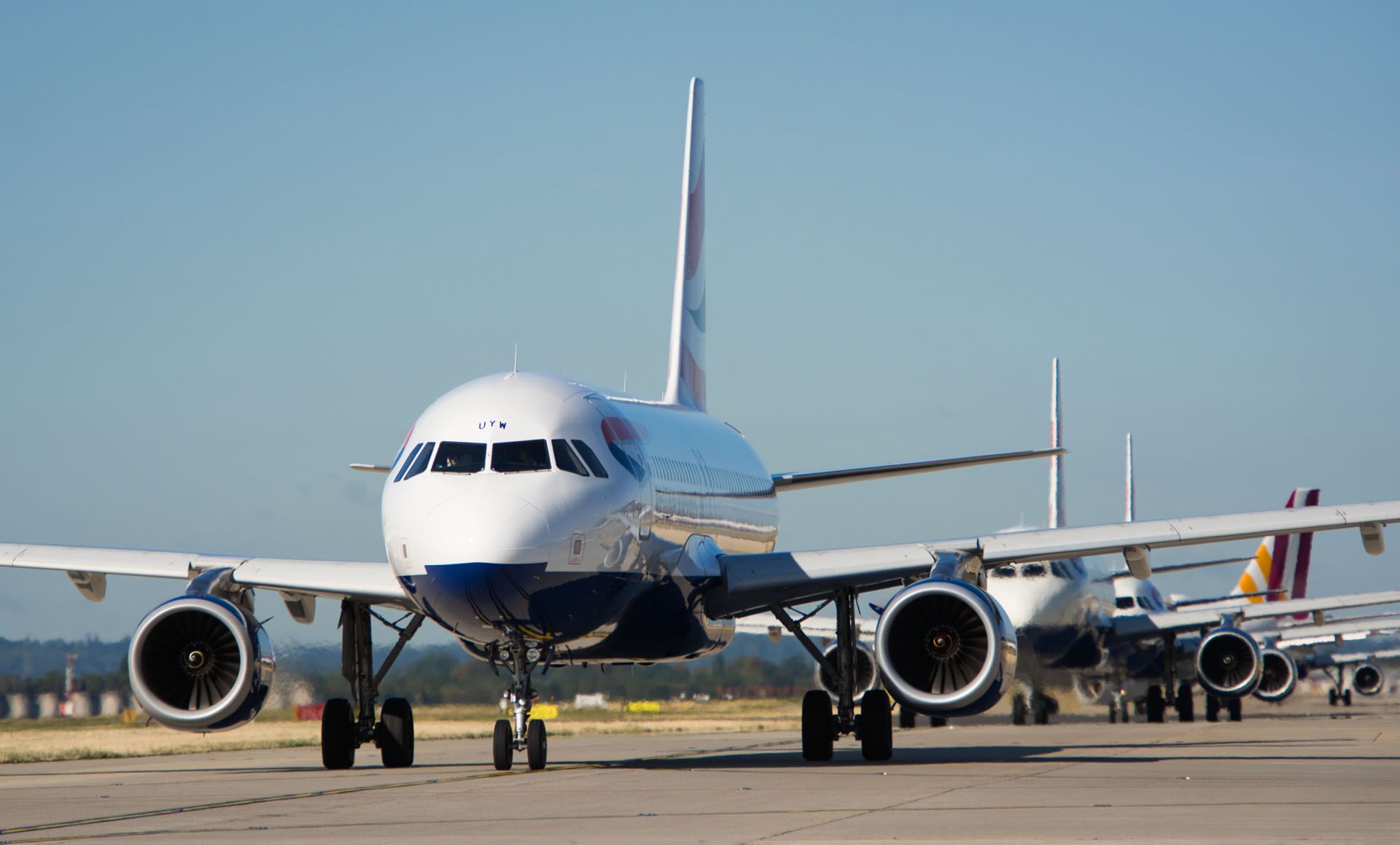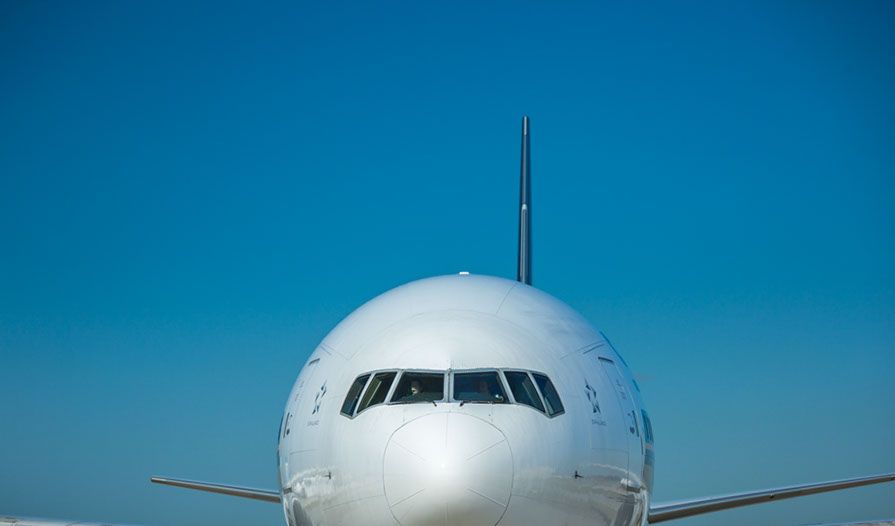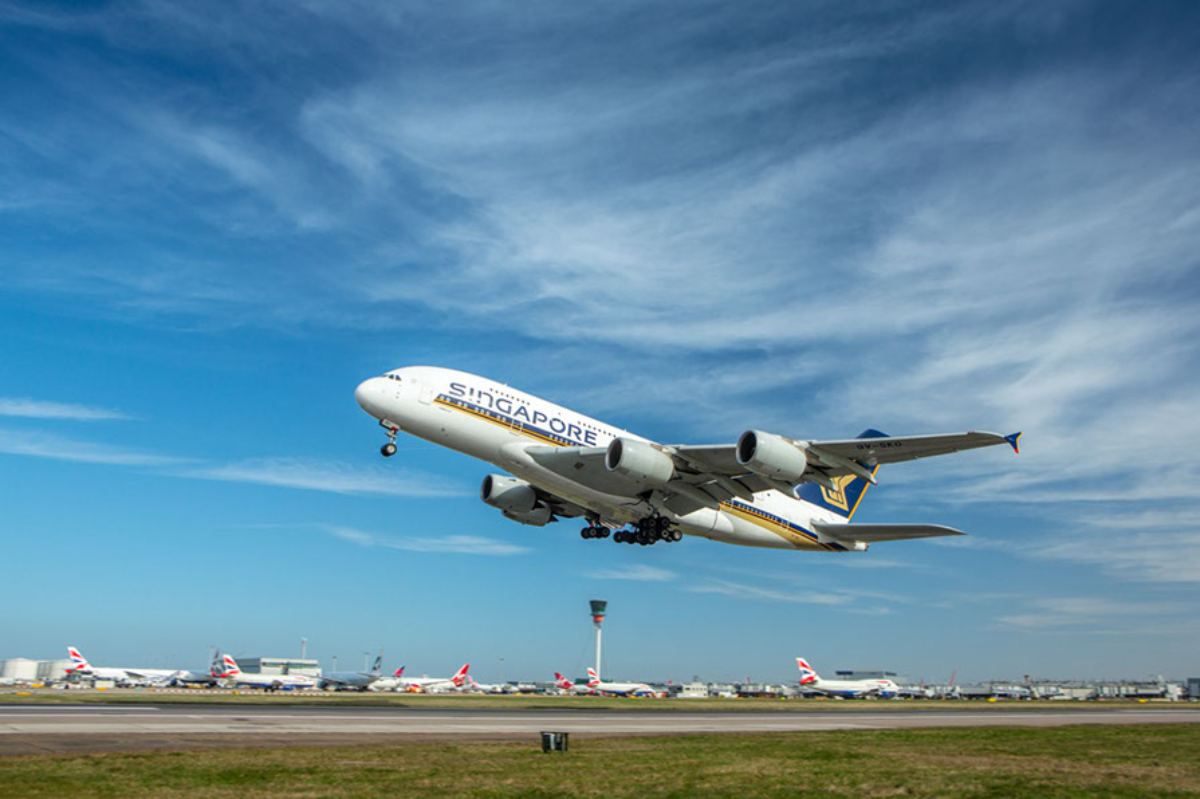The International Air Transport Association (IATA) continues its campaign to reboot the airline industry and is again calling on governments to relax travel restrictions further as COVID-19 evolves from the pandemic to the endemic stage. IATA wants all travel barriers (including quarantine and testing) removed for fully vaccinated travelers.
“With the experience of the Omicron variant, there is mounting scientific evidence and opinion opposing the targeting of travelers with restrictions and country bans to control the spread of COVID-19. The measures have not worked," said IATA's Director General Willie Walsh.
"Today, omicron is present in all parts of the world. That’s why travel, with very few exceptions, does not increase the risk to general populations. The billions spent testing travelers would be far more effective if allocated to vaccine distribution or strengthening health care systems.”
Airline capacity still lagging around the world
According to airline analytics consultancy OAG, global airline capacity this week (measured by the number of available seats) is now 25.5% behind the same week in 2019. However, the current capacity is tracking above the equivalent weeks in 2020 and 2021. The bulk of the current capacity is in domestic markets, currently just 11% below the comparable 2019 period. International capacity remains 48% down on the equivalent 2019 period.
Outright border bans in some countries and complex and costly testing and/or quarantine regimes in other countries can make international travel an unattractive proposition to most travelers. That's having direct flow-through effects on airlines.
Except for Central and Western Africa (where overall airline capacity has increased 4.8% compared to the same week in 2019), current available capacity continues to lag 2019 levels in every other airline market worldwide. In some markets, including Central and Upper South America, there is a relatively small, single-figure gap. In key markets like North America, Western Europe, and North-East Asia, capacity is currently down by 12.5%, 36.5%, and 20.6%, respectively.
Regional airline organizations echo IATA's view
The biggest regional laggards are the South East Asian and South-West Pacific markets, where capacity is down 47.1% and 49.9%. Association of Asia-Pacific Airlines Director-General Subhas Menon says this is due to strict border measures imposed throughout the region and the emergence of the omicron variant. Mr Menon is singing from the same songsheet as Willie Walsh.
"For meaningful recovery to take place, border restrictions would need to be eased on a consistent basis, and the current multi-layered travel requirements streamlined and simplified for travelers," he says.
IATA gets behind recent research studies
While there is a clear commercial imperative for Mr Walsh's 290 member airlines to boost the amount of flying they do, IATA cites a recently published study by Oxera and Edge Health that demonstrates the minimal impact of travel restrictions on controlling travel restrictions the spread of omicron.
The study was specific to the UK. However, it found that the absence of any on arrival testing measures for travelers would have seen the omicron wave peak seven days earlier with an overall 8% increase in cases. Critically, now that omicron is highly prevalent in the UK, if all travel testing requirements were removed, there would be no impact on omicron case numbers or hospitalizations in the UK.
"It is clear that travel restrictions in any part of the world have had little impact on the spread of COVID-19, including the omicron variant. The UK, France, and Switzerland have recognized this and are among the first to begin removing travel measures. More governments need to follow their lead," said Mr Walsh.
IATA's Director General argues other governments removing barriers to travel will not only help normalize the airline industry, but it will help the world learn to live with COVID.



